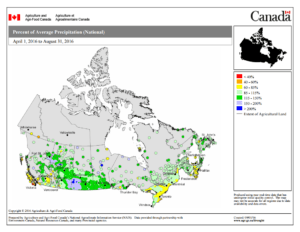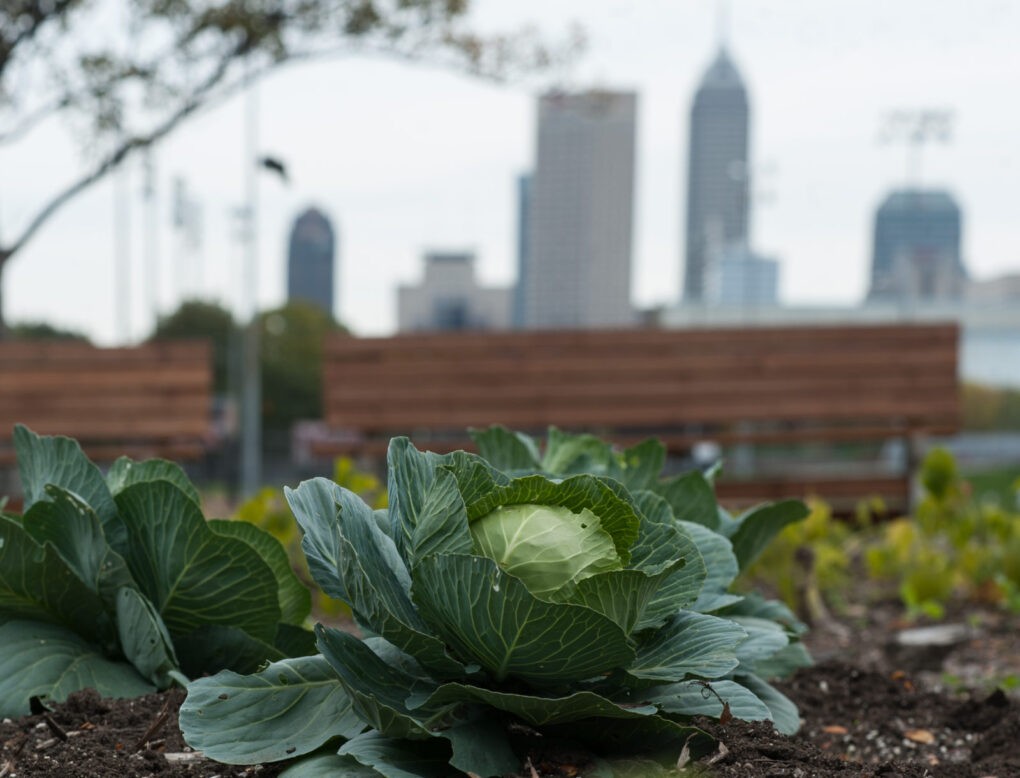Educating a new generation of consumers
While there has been a seemingly endless amount of rain this summer, it did briefly dry up enough one week to allow me into my backyard garden to pick 2 gallons of green, yellow and purple beans. A delight to have fresh beans with a meal and also able to preserve some for this winter.

Backyard (or urban) gardening has experienced a strong increase in both popularity and interest. I’ve had the opportunity to view several urban gardens and while the odd one seems to be producing as many weeds as vegetables, most of them are very impressive in the variety and quantity of food being produced.
One of the important policy changes that has allowed the growth of urban gardening is the support of civic leaders. It wasn’t that long ago that city administrator attitudes to innovative ideas like this were dimly viewed. Fortunately, many cities have changed their attitudes and now support urban gardens through numerous means. I’ve seen large water tanks placed at urban gardens to make it easier to water the gardens during periods of low rainfall. Another contribution is having city employees till the garden space in the spring and assist in hauling the refuse away at the end growing season.
I’ve heard complaints and criticisms from some people who feel it’s a waste of time and that the gardens will not be able to produce enough food to make any meaningful impact on local food security. Whether this is true or not, they’re missing the intent of having an urban or community garden. In my view, the benefits are that it allows both young consumers and gardeners the opportunity learn more about their food and what it takes to produce it. The educational aspect is a rich one for these new gardeners.
With gardening, there’s always an opportunity to learn. Simply learning which seeds are capable of growing in the area that one lives is important. Getting a sense of fertilizer and how it contributes to yield, adds to the stock of knowledge gained by gardening. The impact and vigour of weeds contribute to the learning process, not to mention the damage that insects are capable of. Not every gardening experience is filled with a lengthy collection of good news stories, many are a mix of success and failures. Many gardeners have learned the intricacies of farming, which vegetables grow well in their soil, the importance of regular weeding and how too much, or not enough, rain has an impact as well.
All of the work and time spent in their garden results in consumers having to think about aspects of food production that they never previously had to consider. In talking to those that are new to urban gardening, I heard people express a deeper appreciation for how food is produced and the challenges that farmers must experience in producing crops and getting them to market. Increased knowledge and understanding of, and about, food production should be the benchmark of success for urban gardening.



Good article